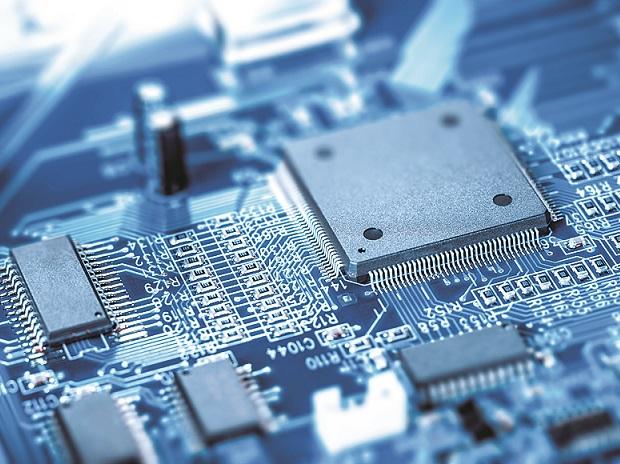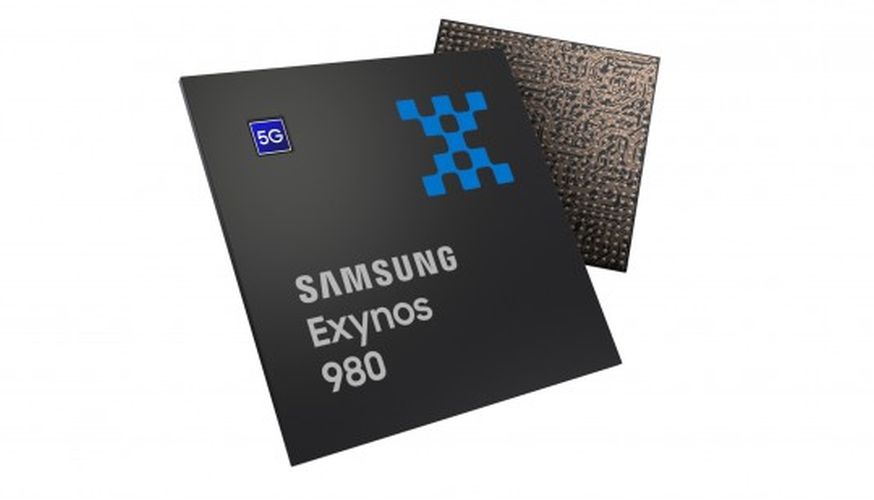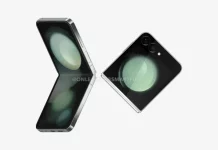Samsung, the South Korean tech giant, has just announced that it has started the mass production of 6nm and 7nm EUV (Extreme Ultraviolet) chipsets. These are the latest from the company and are being manufactured in Samsung’s newly built V1 facility, a first of its kind dedicated production line for synthesizing chips.
For those unaware, Samsung Electronics is a diverse group with its business operations ranging apart from just home appliances and consumer grade electronic products like smartphones. One of its most successful and impactful business is its chipset production, with the company being a market leader in this field. According to the official announcement, the company will be delivering its 6nm and 7nm EUV chips to its various customers in the first quarter of 2020.

Samsung’s V1 facility which is located in Hwaseong, South Korea, is a specialized facility with state of the art technology is responsible for the production. The company has even future proofed the facility as it is even capable of production of chipsets as small as 3nm in the near future. Notably, the 5nm process has already been depleted by Samsung, who is now moving over to 4nm chips.
Editor’s Pick: Buy Xiaomi Miaomiaoce Digital Thermometer Hygrometer for Just $14.99 from GeekBuying
Furthermore, the overall investment that the Samsung facility will receive by the end of this year is estimated to be around 6 billion US Dollars. This will also cause the production capacity of the production line to grow to a size nearly triple that of last year. Similarly, its other manufacturing facilities like S1, S3 are also capable of synthesizing such sub-10nm wafers, which are currently in high demand.

According to Samsung, the EUV lithography process, which is the technology behind it, is crucial to creating more complex patterns on the wafers. Additionally, the chips made from this advanced process will serve various different purposed like 5G networking, artificial intelligence and a lot more. As of right now, the company has six production lines like this which are already taking in orders from industry giants like Qualcomm, Baidu, NVIDIA, and even Intel.
UP NEXT: Xiaomi 5G smartphone with 33W fast charging passed certification; could be Redmi K30 Pro
(Via)







